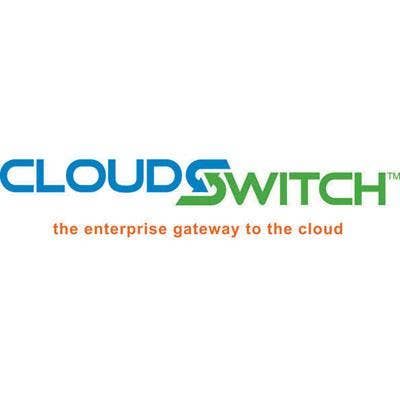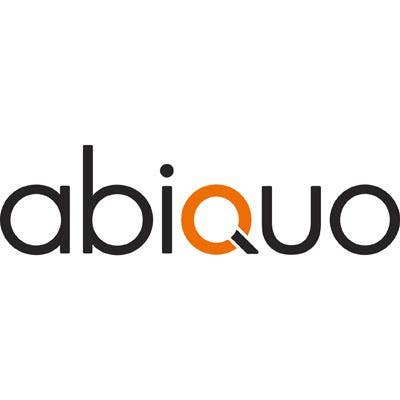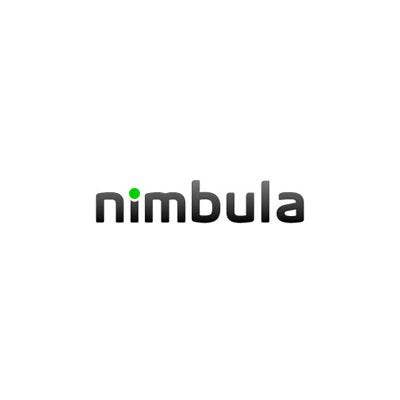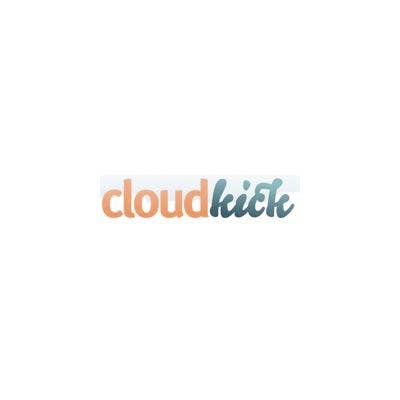10 Cloud Startups For 2010

Reaching Skyward
Cloud computing has surpassed buzzword status and has become an unstoppable force as businesses look to move their applications and infrastructures to the Web and shatter the shackles of pricy, bulky on-premise gear. And while the major players and long established vendors have added the word "cloud" to their collective mantras, it's the startups, emerging vendors and budding companies that are taking a fresh approach and making waves in this emerging market.
Startups are what will take the cloud to the next level, offering new tools and solutions to provide cloud computing or to ensure the cloud is doing what it's supposed to do.
While not all of these 10 startups officially launched in the first half of 2010, that's when they really started making waves. So here we present 10 cloud computing startups that are making a big impact in the first half of 2010.

gCloud3
Offering a turnkey private cloud computing solution, gCloud3 gives its users the ability to deploy servers, desktops, firewalls/routers and SAN storage. More specifically, gCloud3 offers the gPlatform, a solution that focuses on server virtualization and virtual desktop infrastructure; gBackup+, a disaster recovery, replication and virtualization application; gMGMT, a software management system; and gClients, a desktop virtualization offering.
Las Vegas-based gCloud3 was founded in 2007, but officially launched its offerings late in 2009. In 2010, the company is seeing uptake, rounding up about 45 partners and looking to change the way businesses attack the private cloud.

CloudSwitch
CloudSwitch has become a cloud computing darling in just a very short time. Offering what it calls "the enterprise gateway to the cloud," CloudSwitch makes a software appliance that lets users move existing applications to the right cloud computing environment without changes. Using CloudSwitch keeps applications in tune with data center tools and policies, and those applications can be moved between different cloud environments and back to the data center as needed.
Burlington, Mass.-based CloudSwitch was founded in 2008, but in June 2010 the company opened its CloudSwitch Enterprise version up to general availability and forged a pair of key partnerships with LTech and Capgemini to solidify its place in the cloud.

Abiquo
Abiquo was founded in Barcelona, Spain in 2006, but the company officially made its U.S. presence known this year when it opened its first U.S. headquarters in Redwood City, California and officially came out of stealth mode at a cloud industry event.
Abiquo makes open-source cloud management offerings and strives for an ecosystem where private and public clouds are interoperable and vendor-neutral. In June 2010, Abiquo announced version 1.6 of its cloud management software which adds industry-standard APIs for cloud administration and cloud services consumption. The new release also extends Abiquo's vendor independence with support for Citrix XenServer along with existing support for VMware ESX and ESXi, Microsoft HyperV, KVM, VirtualBox and Xen hypervisors.

Nimbula
Nimbula captures the true essence of a startup. Nimbula was officially unveiled in 2010 by two cloud veterans who played a strong role in the development of Amazon's Elastic Compute Cloud (EC2) cloud computing offering. The company is launching its Nimbula Director cloud operating system, a platform the company says takes the scalability, agility and efficiency of services like Amazon EC2 and puts them in a private cloud infrastructure while also giving companies the ability to customize and control their infrastructure.
The Nimbula Director cloud OS is aimed at the enterprise and lets users pick which applications they want running in either public or private clouds and select attributes around them. Nimbula Director installs on bare metal servers and can manage various hypervisors and operating systems, including Xen and KVM. Nimbula is based in Menlo Park, Calif.

Eucalyptus Systems
While founded in 2006 as a U.C. Santa Barbara research project, Eucalyptus Systems really came into its own in the first half of 2010. The company brought aboard former MySQL chief Marten Mickos as its CEO and pushed its open-source private and hybrid cloud software offering to the forefront. Eucalyptus' cloud infrastructure software lets companies build their own cloud computing environments. In June of 2010, Eucalyptus not only launched version 2.0 of its open-source Enterprise Edition, but also unveiled its plans to build a full-fledged partner program, highlighting the important role the channel will play in cloud computing's future

GreenQloud
Leave it to Iceland to produce what's being billed as the world's only "truly green" public cloud computing offering. GreenQloud offers carbon neutral cloud computing virtual servers and data storage -- infrastructure as a service -- that companies and individuals can rent by the hour. Additionally, the Icelandic company says it only uses renewable and clean energy sources (geothermal and hydropower energy). Founded this year, GreenQloud is now taking registrations for its beta program. As Iceland sits between Europe and North America, GreenQloud hopes to deliver both hosting and storage on both continents from one place.

SolidFire
SolidFire is only in its early stages, but the Atlanta cloud computing startup is already making waves with its promise of a groundbreaking new cloud computing infrastructure technology. SolidFire is a next-generation block storage platform for cloud computing providers and enterprises that require scalable, reliable storage for thousands of servers. SolidFire is helmed by Jungledisk founder Dave Wright.

Nephosity
Founded in March 2010, Nephosity is an enterprise cloud computing solution provider with a flagship product called "pomsets," which is a computational workflow management system for the cloud. Nephosity's pomsets sets itself apart because it's designed for non-programmers in enterprises who are looking for an easier way to manage data-intensive computational workflows. Nephosity said other workflow management systems are made for programmers.

3Crowd
Coming out of stealth mode in February, 3Crowd is looking to shake up the content delivery network space with its CrowdDirector product, a tool that essentially helps companies manage the content delivery networks and other cloud services. CrowdDirector, San Mateo, Calif.-based 3Crowd's first product, is vendor-neutral and lets content providers configure and manage content delivery across multiple networks, providing global load balancing, an integrated dashboard, monitoring and analytics across various CDNs, Web servers, origins and cloud providers. CloudDirector also doesn't require installing or reconfiguring any software or hardware in the content provider's system or network.

Cloudkick
San Francisco-based Cloudkick offers tools to manage cloud servers in various environments while also offering a portability layer for a cloud infrastructure. The marriage creates a common set of tools like performance trending and fault-detection that works across various cloud providers, including Amazon EC2, GoGrid and Racksapce. With Cloudkick, which was founded in 2009, companies can keep tabs on server metrics like load, CPU, bandwidth, memory and disk space through a browser-based agent. Cloudkick also offers a hybrid product named Hybrid Cloudkick that lets companies manage their existing non-cloud infrastructure as if it were in the cloud.